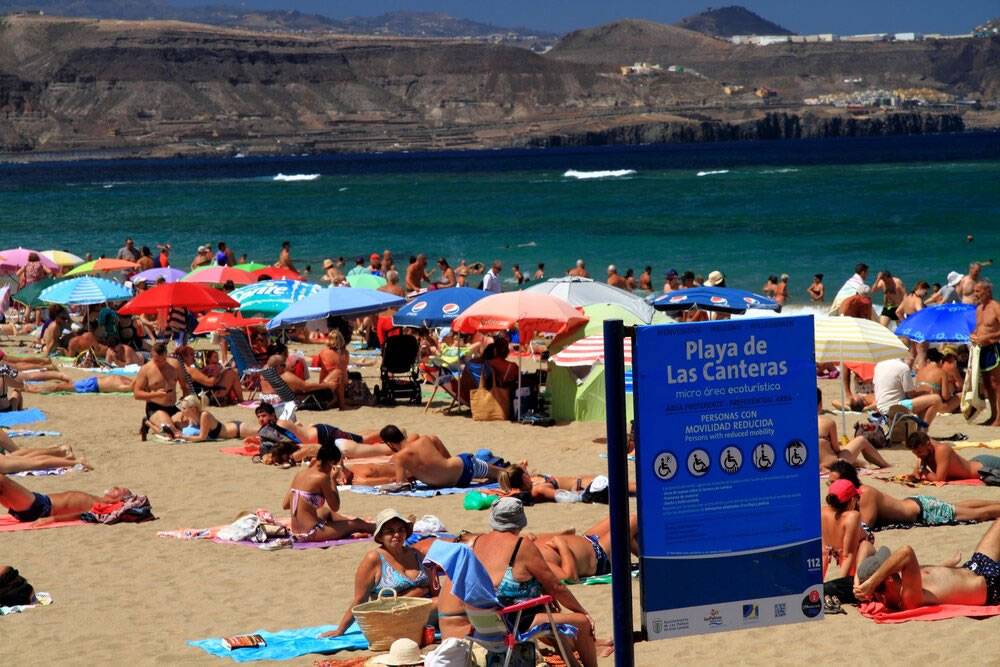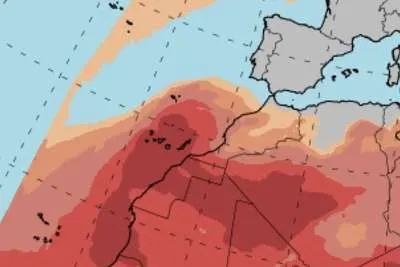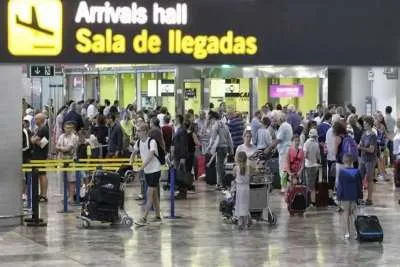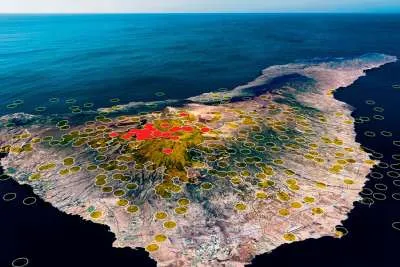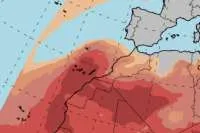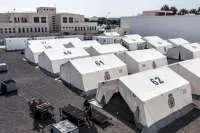Will masks be brought back? Easter has triggered a huge spread of COVID
- 20-04-2023
- Health
- Ministry of Health
It’s not the news any of us want to hear, however, it is our obligation to report it, because the Ministry of Health have informed that Easter has triggered the spread of COVID in the Canary Islands, with a 250% increase in the number of cases.
During the weeks leading up to Easter, the values were around 800 cases detected per 100,000 inhabitants, which have now jumped to 2,000 cases per 100,000.
The Ministry warns that "the sharp increase in infectivity could be associated with the emergence of a new variant whose impact must be analyzed” and they do not rule out updating the protection measures.
The Complutense Anticipa-COVID Observatory monitors the infection in Spain, based on routine analysis that continues to be carried out on a weekly basis.
Given this situation, they highlight the need to confirm if this upward trend has been caused by the emergence of a variant with “new infective capacities”, or if it results from a fluctuation derived from the increase in collective activities such as festivals, packed beaches, and family gatherings.
By the end of March, the Observatory had analyzed more than 150,000 different samples for the detection of the presence of the SARS-CoV-2 virus. They explained that “the analyses carried out in 2023 have allowed us to observe a relative stagnation of infection around a rate that never fell below 800 cases per 100,000 people analyzed.”
Due to this, they warn of a baseline situation that is "much higher than that observed after the end of previous waves".
Other articles that may interest you...
Trending
Most Read Articles
Featured Videos
TributoFest: Michael Buble promo 14.02.2026
- 30-01-2026
TEAs 2025 Highlights
- 17-11-2025


